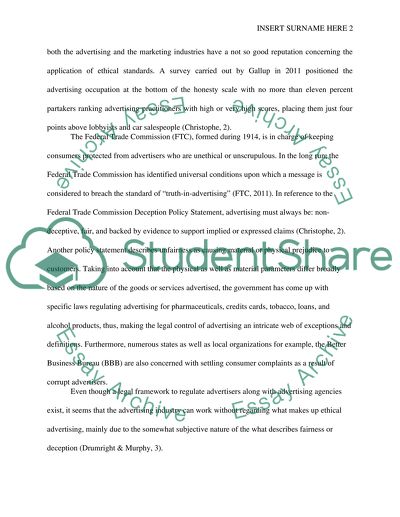Cite this document
(“Ethics of Neuro-Marketing Essay Example | Topics and Well Written Essays - 1500 words”, n.d.)
Retrieved from https://studentshare.org/social-science/1642539-ethics-of-neuro-marketing
Retrieved from https://studentshare.org/social-science/1642539-ethics-of-neuro-marketing
(Ethics of Neuro-Marketing Essay Example | Topics and Well Written Essays - 1500 Words)
https://studentshare.org/social-science/1642539-ethics-of-neuro-marketing.
https://studentshare.org/social-science/1642539-ethics-of-neuro-marketing.
“Ethics of Neuro-Marketing Essay Example | Topics and Well Written Essays - 1500 Words”, n.d. https://studentshare.org/social-science/1642539-ethics-of-neuro-marketing.


